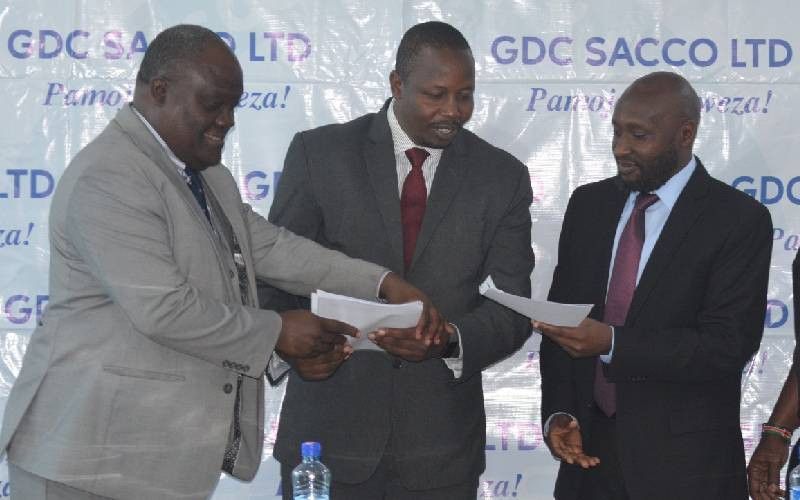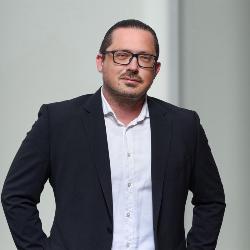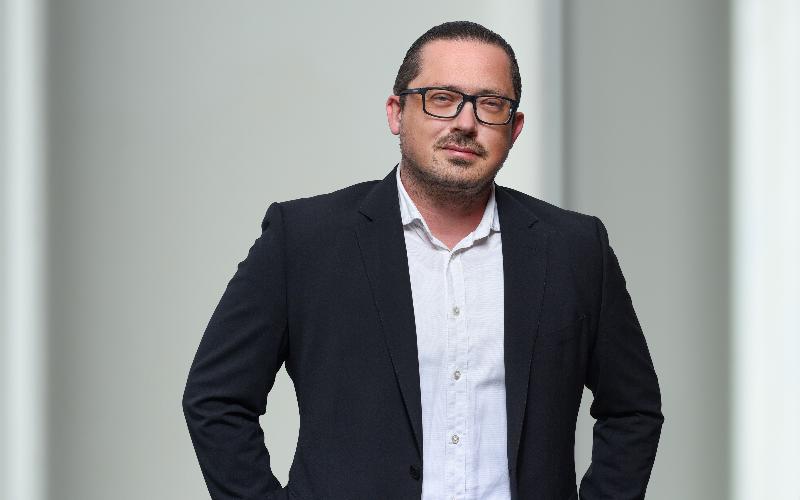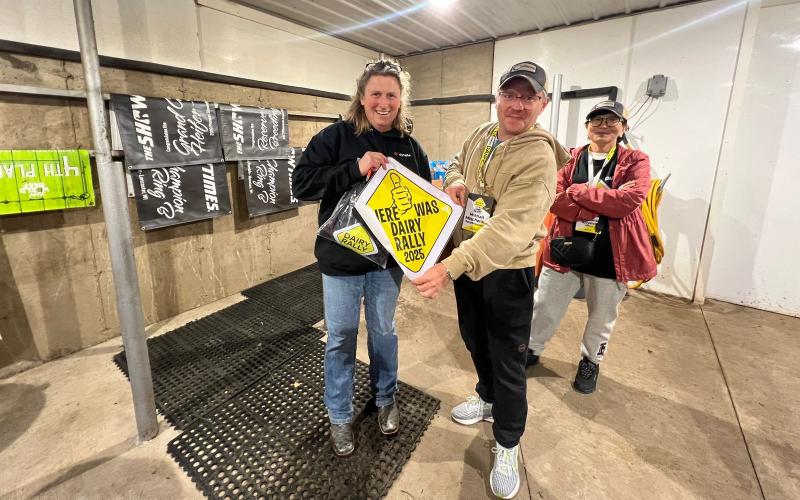Azamat Romazanov: Localization of Production Makes Danone More Flexible and Closer to the Consumer

Danone is a global company with a long history. How is the transformation reflected specifically in Kazakhstan?
— The Kazakhstan office of Danone is not just a local branch. Today, it serves as the headquarters for the entire region of Central Asia, the Caucasus, and Mongolia. This includes nine countries: Kazakhstan, Uzbekistan, Kyrgyzstan, Tajikistan, Turkmenistan, Azerbaijan, Armenia, Georgia, and Mongolia, with coordination carried out from here.
The key asset for us is the Almaty plant. Essentially, it is the main and largely the only production center in the region. We are currently implementing transformation in two directions. Firstly, we are modernizing and expanding capacities, focusing on yogurt production, which is our strategic priority. Secondly, we are establishing more efficient logistics by creating distribution hubs and warehouses to ensure uninterrupted supply of products to all nine countries.
At AqAltyn you will talk about localization. What exactly does this mean for Danone?
— When we talk about localization, we primarily mean production. We are building capacities right here in Kazakhstan. This is an important step because it allows us to be more flexible.
Local production offers a range of advantages, including the ability to quickly adapt recipes to local consumer tastes, freedom in choosing suppliers and raw materials, optimization of logistics and costs, and flexibility in planning and developing new products.
How does Danone's transformation reflect on the product range available in Kazakhstan?
— The entire range produced at the Almaty plant is developed with the involvement of the local team, taking into account the preferences of Kazakhstani consumers. We use international brands and global formulas, but the taste, recipe, and product details are determined here.
For example, we recently launched an "Activia" line without added sugar. The sweetness is achieved through fruit puree. We see a clear demand for such solutions in Kazakhstan, which is why we launched this line.
What are the plans for developing the local raw material base in Kazakhstan? What challenges do you foresee?
— The raw material market in Kazakhstan is gradually developing. We see that the number of dairy farms is increasing, while the share of personal subsidiary farms is decreasing. For us, this is a positive trend since Danone has always worked only with farms.
However, there are still traditional problems. Primarily, the instability of the feed base. This directly affects milk yields, which in Kazakhstan are still lower than, for example, in Russia or Belarus.
The second major challenge is personnel. There is a shortage of specialists: farm managers, zootechnicians, veterinarians, and feeding specialists. Large farms still rely on foreign experts.
All these factors affect costs: raw milk products in Kazakhstan are, on average, more expensive than those of neighbors.
We rely entirely on local raw materials. All our partner farms are located in the Almaty region. The farthest one is about 75 km from the plant. This is our principled position.
How important is cooperation with the government and industry associations in developing the raw material base?
— We believe that the optimal solution is a tripartite dialogue: the government, processors, and farmers. Each plays its role.
The government's role involves supporting the feed base, subsidies, and workforce development programs. The processors provide a guaranteed market. The farmers work on improving efficiency and quality.
There are positive examples, such as the program to build 100 dairy farms, which is already yielding results with the emergence of new modern farms. However, to accelerate progress, closer dialogue among all industry participants is needed.
Do you plan to create your own farms to reduce dependence on suppliers?
— In Kazakhstan, we are not yet considering such an option. In some countries, Danone owns farms, but globally we focus on processing.
What do you see as the prospects for the dairy industry in Kazakhstan?
— It's difficult to predict now as the market is subject to external factors and fluctuations. However, we note two main trends.
On one hand, the positions of local and regional brands are strengthening, and consumers show interest in them. On the other hand, border regions face competition from imported products, complicating the work of small and medium-sized producers.
What consumer demands in Kazakhstan are shaping your strategy today? How do you combine Danone's global standards with local tastes and consumer expectations?
— Our global mission is to bring health through food to as many people as possible. In Kazakhstan, we implement this strategy, taking into account consumer preferences and local market characteristics.
The trends here are the same as worldwide: increasing interest in protein foods, products with fiber, and reducing sugar. For example, we launched a product with cherries and chia seeds. It's a global trend, but it also proved popular in Kazakhstan. At the same time, we develop taste nuances like sweetness, acidity, and texture locally.
We also create products for specific countries. For instance, spoonable yogurt produced at our plant specifically for Uzbekistan. It's not available in Kazakhstan and likely won't be, as the market and tastes differ.
What are the strategic goals for the next five years?
— The main priority is yogurts. We are increasing capacities, establishing logistics, and developing export potential.
It's important to understand that the average shelf life of our products is 35–45 days. Supplying nine countries from one plant is an extremely complex task. Therefore, we are building logistics hubs and fine-tuning planning to ensure that products appear on time and in the necessary volumes in each country.
At first glance, this seems like a standard task for the FMCG market, but with dairy products, it's much more complex. I can say that the level of forecasting and logistics here is comparable to a scientific challenge. It is indeed work of the highest level.
And the last question: how important are industry events like AqAltyn for you?
— For us, it's primarily networking and an opportunity to strengthen connections within the industry. These are meetings with farmers, processors, and equipment suppliers.
There are issues that each company addresses on its own. But there are systemic problems, such as the raw material base and personnel shortage, that can only be solved collectively. AqAltyn provides an opportunity to discuss these issues and develop a unified industry position. This is valuable for all market participants.
More information about AqAltyn - here.
General partner and key engineering partner - Borte Engineering
As a leading national manufacturer in Kazakhstan, Borte Engineering creates high-tech equipment for the food industry, confirming its quality by being included in the Register of domestic manufacturers. The company successfully collaborates with enterprises throughout Central Asia, strengthening the regional economy.
Innovative partner - delaval.com/ru-kz/">DeLaval
Altyn sponsors - Alfa L Service, MB-System
Qola sponsors - Tetra Pak, TOO Clever Machines
SPX FLOW APV | SEITAL SEPARATION
Partners - Kazakhstan Dairy Union, Republican Chamber of Dairy and Combined Breeds of Cattle














